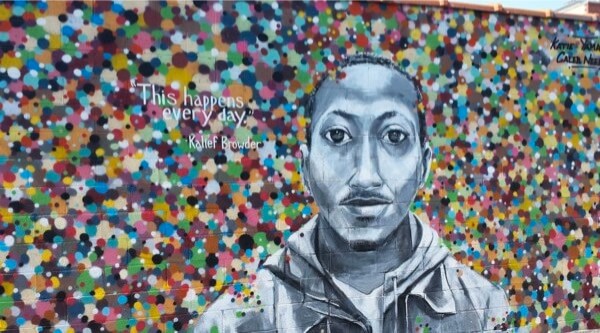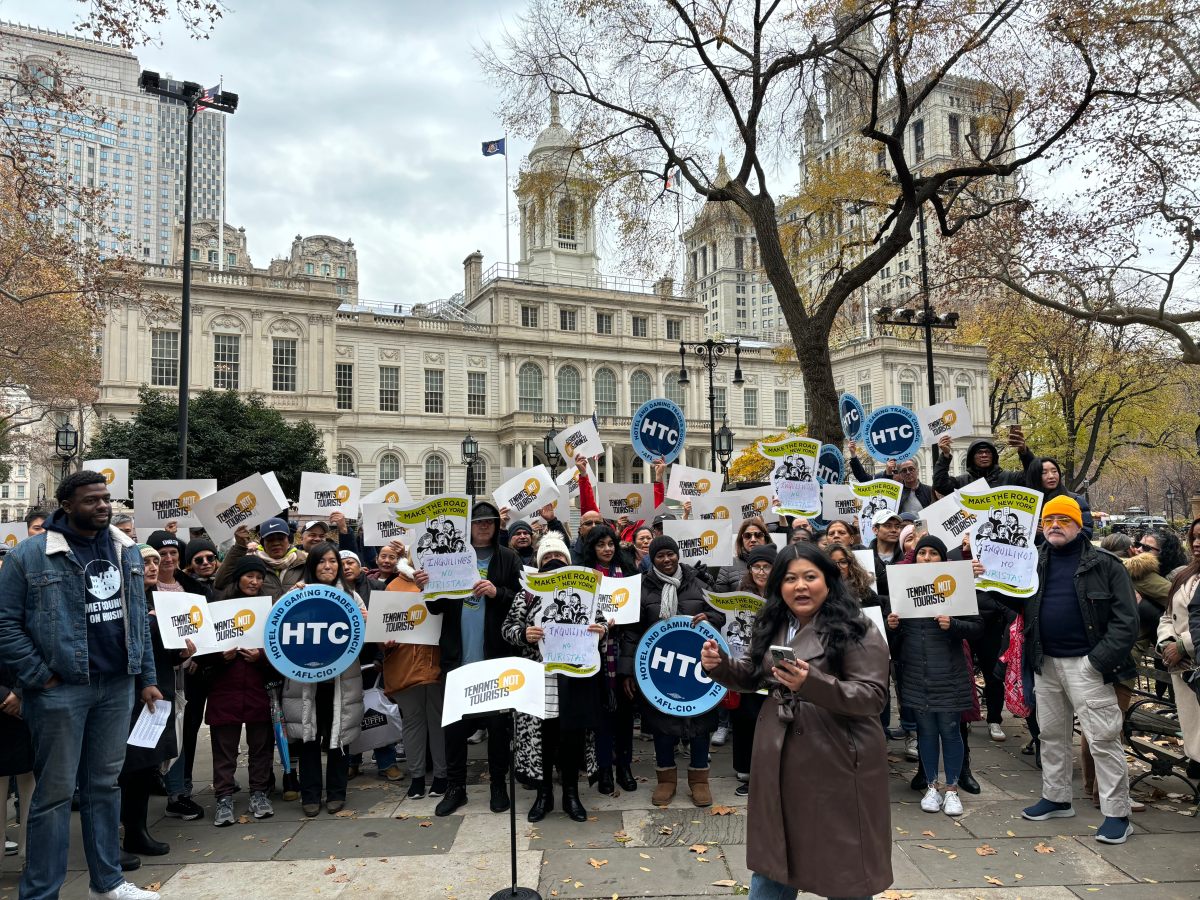By Bill Parry
The saga of Kalief Browder has been seared in the public’s conscience and powered movements to close Rikers Island and reform the city’s criminal justice. Unfortunately, it has done little to change the fact that tens of thousands are imprisoned each year because they cannot afford to post bail.
Browder committed suicide in 2015 after a harrowing three years at Rikers without trial or conviction after his family could not raise the $3,000 bail following his arrest at 16 for allegedly stealing a backpack.
During his time on Rikers, Browder was beaten by guards and fellow inmates and subjected to more than 400 days in solitary confinement. The charges were eventually dismissed but his experience led him to take his own life.
A report released by the city’s Independent Budget Office, at the request of City Councilman Rory Lancman (D-Hillcrest), showed that an average of 52 percent of those detained on Rikers Island and in other city jail facilities, were unable to post bail in 2016. About 52 percent of the pretrial detainees were black, 33 percent were Hispanic and 10 percent were white, according to the IBO.
“(The) IBO report confirms that the vast majority of people on Rikers Island are there because they cannot afford bail, are overwhelmingly black and brown, and many are there for nonviolent, low-level offenses — all at enormous expense to taxpayers,” Lancman said. “It reaffirms the urgent need for Mayor de Blasio to put in place a real plan to close Rikers Island.”
De Blasio has proposed shutting Rikers Island within 10 years and replacing it with smaller prisons in each borough, but for the plan to work the jail population must be shrunk to 5,000 by reducing pretrial detentions through measures, including bail reform.
State Sen. Michael Gianaris (D-Astoria) introduced legislation that would reform the pre-trial detention system by eliminating bail in 2015. The bill would remove cash bail or any form of monetary bail bond as an option for a judge to impose on a defendant pending trial.
“Our bail system is grossly unfair and should be abolished,” Gianaris said. “Too often it serves as a way to imprison the poor without due process. I am proud to be a leading voice for reforming our criminal justice system.”
Under Gianaris’ legislation, defendants instead would face three proposed alternatives to bail: conditional release with pre-trial monitoring, release on the defendant’s own recognizance or remand to a correctional facility. The bill is still pending but Gianaris cannot get the Republicans and the Independent Democratic Conference to put it up for a vote in the Senate.
Meanwhile, the IBO report also shows it costs taxpayers $116 million a year to keep detainees behind bars as they await trial.
“I’ve been screaming about this system for years,” City Councilman Daniel Dromm (D-Jackson Heights) said. “People who have not been convicted of a crime should not have to endure the torture that is Rikers Island for not being able to pay bail, sometimes as low as $250. We on the City Council have put forward ideas like a bail fund or expanded supervised release, but maybe we just need judges who will realize how unfair it is to have an individual serve time on Rikers without having been convicted of a crime. No one who is non-violent and not a threat to others should be on Rikers for any period of time. Right now it’s ‘if you had the money you wouldn’t be there,’ and that’s very unfair.”
Reach reporter Bill Parry by e-mail at bparr





































